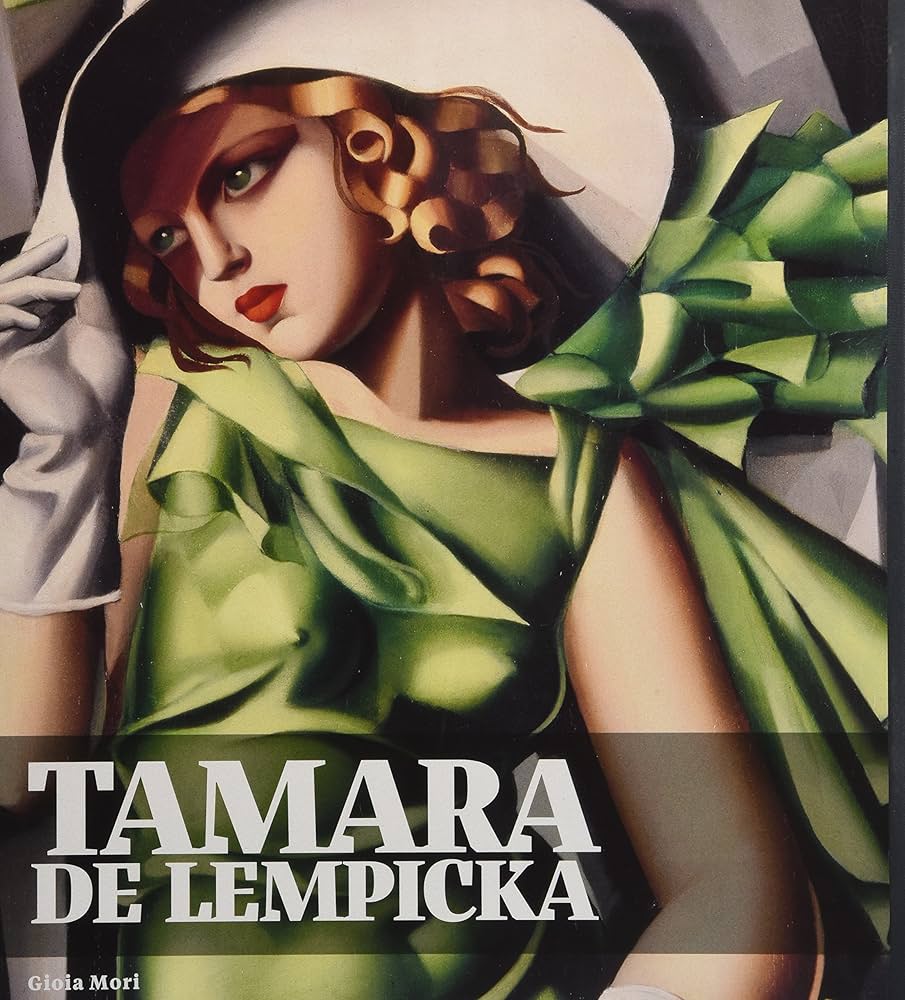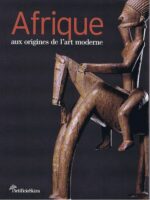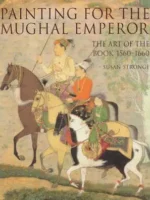Tamara de Lempicka Review
Tamara de Lempicka by Gioia Mori is a richly illustrated monograph on the Art Deco icon. It situates Lempicka’s crisp lines and lacquered glamour within interwar modernity and the fashion of Parisian high society.
Overview
The book surveys biography, influences, key canvases, and recurring motifs: sculptural bodies, metallic sheen, and staged urbanity. Essays and plates trace her evolution from academic training to a signature modern classicism.
Summary
Mori follows Lempicka from émigré beginnings to fame, showing how photography, cinema, and couture informed her composition. Portraits of patrons become brand statements: power, sexuality, and speed. Later work shifts as markets and tastes change, but the graphic authority remains.
Authors
Gioia Mori curates with museum rigor: clear timelines, comparative images, and attentive provenance.
Key Themes
Modernity staged as portrait. Female authorship of glamour. Hybrids of classicism and machine age. Image making as self making.
Strengths and Weaknesses
Strengths: high-quality reproductions, contextual essays, useful cataloging. Weaknesses: limited technical process detail and sparse social critique beyond the studio.
Target Audience
Designers, art historians, collectors, and readers drawn to Art Deco aesthetics and modern portraiture.
Favorite Ideas
Chrome-like flesh as visual rhetoric. Fashion photography’s imprint on composition. Patrons as co-authors of image.
Takeaways
Lempicka engineered a look that fused classical control with modern sheen. Understanding that design logic clarifies why her portraits still read as power today.









